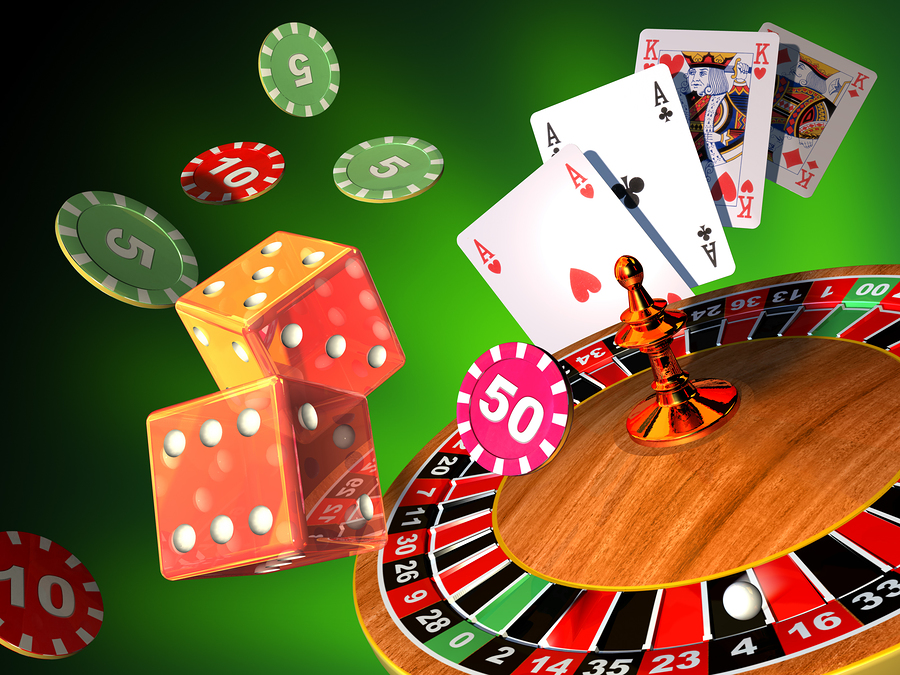
In the lively world of betting, gaming options have long captured the imagination of participants around the world. These activities, spanning traditional card options like Texas Hold’em to the spinning reels of slot machines, offer an intriguing combination of luck and skill. While chance undeniably plays a important role in shaping outcomes, the significance of expertise in many casino activities cannot be neglected. Grasping how skill affects the game can improve not only a player’s enjoyment but also their chances of winning.
As we explore further the inner workings of casino games, it becomes clear that some demand a strong grounding of knowledge and strategy. Activities like blackjack call for more than just fortune; they require strategic thinking, mental insight, and tactical decision-making. In contrast, other games, such as roulette and slots, are primarily driven by chance, allowing players to rely exclusively on random chance. This contrast raises fascinating questions about what really drives success in the domain of gambling and how a player’s skill set can sway the outcome in their benefit.
Comprehending Expertise versus Luck within Gambling Games
Within the sphere of casino games, the debate between skill and luck is a enduring one. Many games are frequently divided into two categories: those that depend predominantly on chance, such as slot machines and the wheel, and those where skill plays a major role, like poker and 21. https://79king.training The difference is crucial because it influences not only gameplay strategies but also the approach players take when participating with these games. Although luck can play a critical role in the short term, skilled players can boost their odds of winning over the long run in skill-based games.
Skill-based games, especially poker, demand players to understand odds, human behavior, and game theory. A seasoned poker player can analyze rivals, make calculated bets, and know when to fold, all of which can lead to more successful outcomes. On the other hand, in games that are purely chance-driven, no amount of skill can alter the odds. This means that although a player may win big in one session, their victory may frequently be subject to the whims of random outcomes rather than any tactical expertise.
In the end, both skill and luck exist together in the world of casino games, creating a vibrant environment for players. 79king.training While games of chance can provide excitement and instant gratification, mastery and strategy in skill-based games offer a richer level of engagement for those prepared to dedicate time in refining their craft. This interaction between skill and luck defines the experiences of players and influences their connection with the games they select to play.
The Impact of Ability on Game Outcomes
In the field of casino games, proficiency plays a key role in determining the outcomes, especially in activities where tactics and choices are paramount. For instance, in poker, players must analyze rivals, calculate probabilities, and make strategic bets to maximize their chances of winning. Unlike activities that depend purely on chance, such as slots or roulette, this game demands an understanding of both the rules and the psychology of other players, making skill a critical component of victory.
Additional skill-based games, like blackjack, also highlight the importance of player expertise. Knowledge of basic strategy, card counting, and when to hit or stand can significantly influence the casino advantage. A skilled blackjack player can lower this edge and boost their chances of winning over time. This contrasts with games that do not permit for such strategic play, demonstrating how the level of expertise influences the potential for favorable outcomes.
Moreover, even within games deemed primarily chance-driven, like the game of craps, the choices made by players can influence their overall success. Choosing the right bets, comprehending the odds of different outcomes, and controlling one’s funds are essential factors that can enhance a participant’s experience and results. Thus, while chance remains a factor in casino games, skill can substantially affect how effectively participants navigate these settings, leading to more positive outcomes.
Tactics for Skillful Play in Gaming Establishments
To excel in casino games, players must develop a solid comprehension of the regulations and probabilities involved in each game. This essential knowledge enables individuals to make informed decisions, especially in skillful games like Texas Hold’em and blackjack. Becoming acquainted oneself with game strategies, such as keeping track of cards in blackjack or identifying wagering trends in poker, can significantly enhance a player’s chances of success. Sharpening these tactics through practice games or low-risk games allows players to refine their skills without risking substantial amounts of money at stake.
One more key strategy is bankroll management. Players should establish a spending limit before entering the casino and adhere to it strictly. This involves determining how much they are willing to lose and setting limits on how much they will bet in each session. By keeping a regulated approach to spending, players can prolong their play and reduce the chance of significant losses. Additionally, pausing can help maintain a clear mind and prevent impulsive decisions that often lead to bad gameplay.
In conclusion, emotional control is essential in the intense environment of a casino. Players must learn to manage their emotions, particularly during times of success or defeats streaks. Staying focused and not allowing emotions influence gameplay can lead to more sound decisions. Methods such as deep breathing or walking away from the gaming table during heated moments can help keep calmness. By cultivating a balanced mindset, players can approach gambling games with confidence and expertise, thereby enhancing their overall experience and results.
